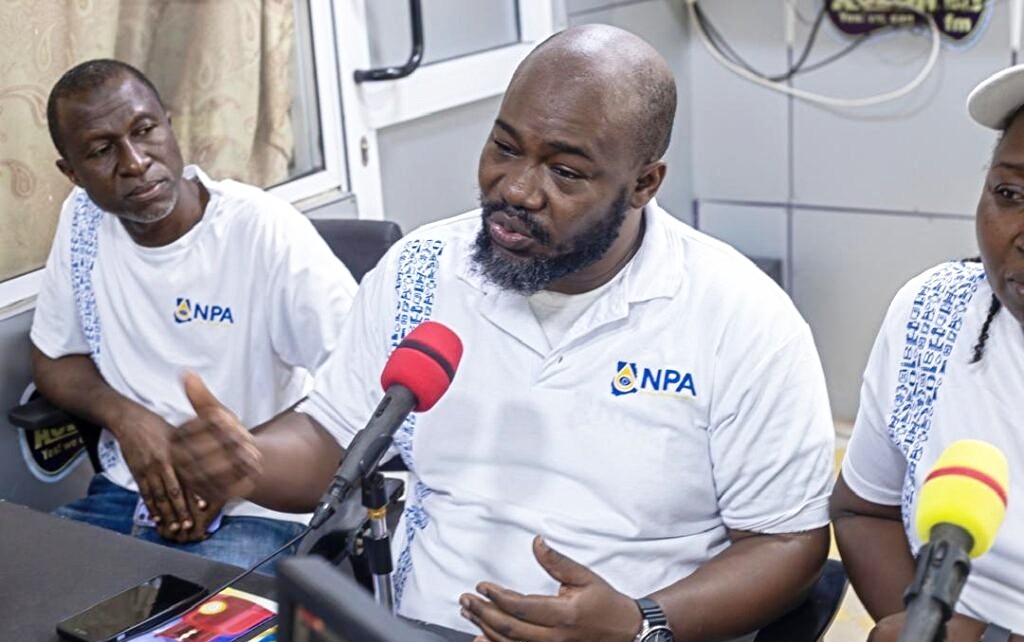
In an effort to prevent gas leaks, the National Petroleum Authority (NPA) has strongly cautioned the public against placing stones or other heavy objects on LPG cylinder regulators.
The NPA said, this technique has contributed to multiple fire outbreaks nationwide, making it not only ineffectual but also extremely dangerous.
Gas leaks are frequently caused by defective hoses, valves, or “O” rings rather than the regulator itself, according to Mr. Obed Kraine Boachie, Head of Gas (Commercial Regulation), who was speaking at an LPG safety sensitization workshop at the University of Education, Winneba (UEW). He underlined that replacing faulty parts with certified ones from approved LPG dealers is the right course of action.
Mr. Boachie reiterated this message during similar engagements at Holy Child College of Education in Takoradi, Nursing and Midwifery Training Colleges in Sekondi and Cape Coast, and Cape Coast Technical University.
These safety campaigns are part of the NPA’s broader initiative to promote the safe use of LPG, especially among students in training colleges and nursing institutions who often cook their own meals off-campus. The goal is to empower these students to become LPG safety ambassadors in their future communities.
The outreach also sought to educate students on the Cylinder Recirculation Model (CRM) and potential business opportunities within the LPG sector. Students were encouraged to share safety tips via social media to help spread awareness.
The sessions were well-attended by both students and faculty, with LPG safety leaflets distributed and a Q&A session held to address concerns.
Additionally, Mr. Boachie cautioned the public to keep gas cylinders in safe outdoor cages or well-ventilated spaces, move them in cars with enough ventilation, and always carry them upright.
Additionally, they must to verify the expiration dates of the cylinders and get them recertified, reconditioned, or replaced when they become outdated.
The NPA’s Head of Consumer Services, Ms. Eunice Budu Nyarko, encouraged drivers to report suspected gasoline station fraud within 48 hours of making a transaction in a linked message.
China To Become Carbon Nonpartisan By 2060
According to her, rapid notification enables an investigation to be conducted before the gasoline runs out. Reports received after 48 hours, however, will still be looked into, and if need, the station will be monitored.
“The NPA is committed to protecting the interests of consumers, stakeholders, and petroleum service providers,” she affirmed.
The NPA team also conducted live radio interviews and one-on-one LPG safety education sessions with market women, traders, hawkers, and drivers at the Takoradi Jubilee Market.
The National Petroleum Authority was established by an Act of Parliament (NPA Act 200, ACT 691) to regulate the petroleum downstream industry in Ghana.





